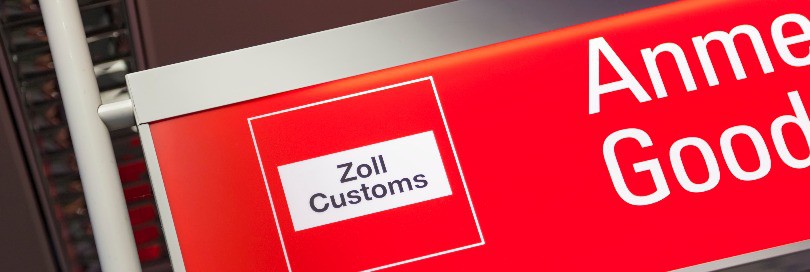Management of customs procedure code 42 in Austria and Germany – pitfalls and opportunities
Michael Lux
Attorney at Michael Lux BV, former Head of Unit 'Customs Legislation' at EU Commission

Adobe Stock
Instead of declaring non-Union goods for release for free circulation under code 40 (in which case import VAT will also become due), an importer established in another Member State (MS) than that in which such goods will be released for the procedure (and will thus become Union goods) has – often using the services of a representative who is either a freight forwarder or a customs broker – the option of declaring code 42, thus avoiding the obligation to pay the import VAT and regular VAT in the import clearance MS, with the consequence that (only) the regular VAT is to be paid in the MS of destination (where the importer or consignee is established) on an intra-EU acquisition (and the importer can thus avoid a VAT registration in the MS of import clearance). This is already my summary of the opportunities. The remaining part of this article will deal with the pitfalls experienced by customs practitioners in Austria (AT) and Germany (DE). At the end, I will also try to give an outlook into the future.
Continue reading this article
Login
or
Sign up
Open for free
Sign up and enjoy free access to an article of your choice!

Comments ()
To post a comment you need to